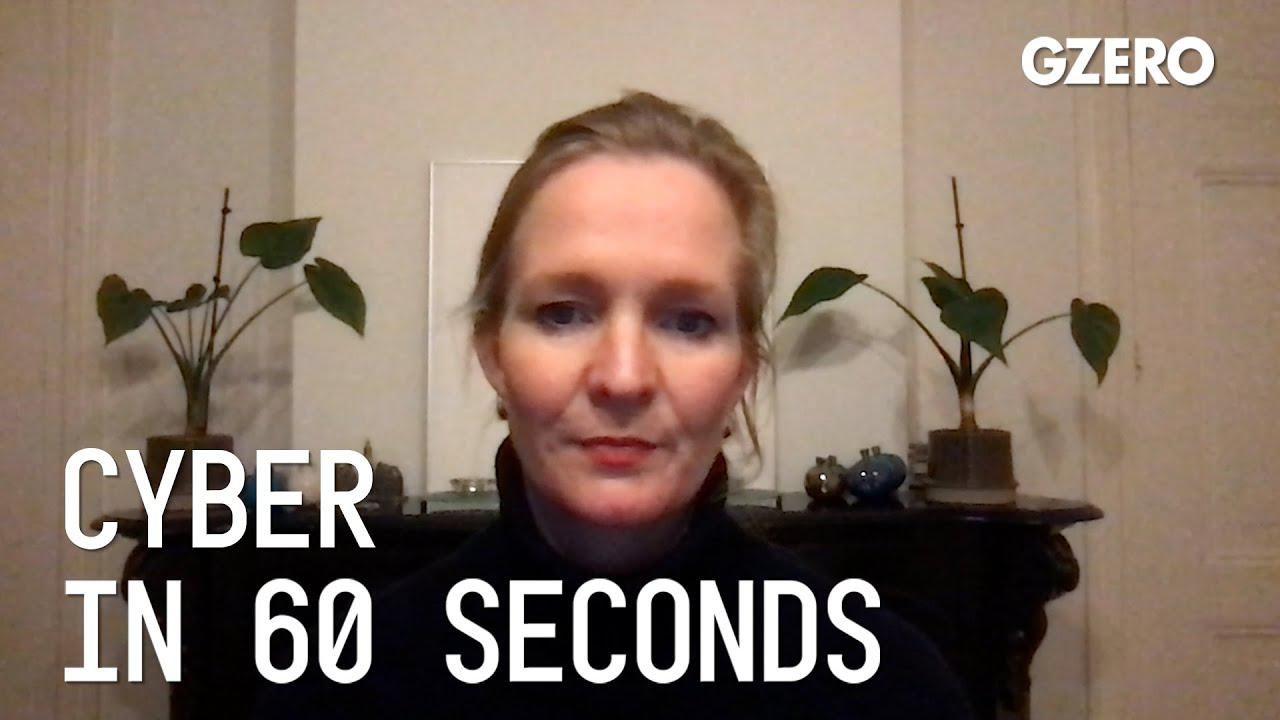Cyber in 60 Seconds
How tech was used to harm democracy on January 6

The Harmful Tech Legacy of January 6 on Democracy | Cyber In :60 | GZERO Media

Marietje Schaake, International Policy Director at Stanford's Cyber Policy Center, Eurasia Group senior advisor and former MEP, discusses trends in big tech, privacy protection and cyberspace:
What is the tech legacy of the first anniversary of the January 6th storming of the Capitol?
Now, one is that it is so clear that there is no such thing as an online world that's separated from our offline lives. We see democracy being harmed in new ways and speech fueling actions in the streets. And this is not just a speech issue, but data harvesting and micro-targeting are giving those hate speech calls wings online.
Secondly, is that there is still so much we don't know. We learn new things every week, such as this week when Brookings researchers showed how podcasts were used to fan the flames of fraud claims and violence, and the Washington Post and ProPublica this week published their analysis of 650,000 Facebook posts, that was about 10,000 a week, leading up to the storming of the Capitol and their valuable work comes a year after the failed coup attempt, reminding us of the opacity of the workings of tech companies. Facebook itself has actually refused to turn over the documents that the congressional investigative committee has asked for.
Now, while the dots are still being connected on January 6th and the events that unfolded, we already see plenty of new threats, plots, and lies to hurt democratic rights being devised. Now I hope today and this week, everyone pauses and reflects, remembering that there are no winners when democracy itself is lost.
Think you know what's going on around the world? Here's your chance to prove it.
The US government will reportedly fund MAGA-aligned parties and think tanks in Europe. But with US President Donald Trump’s favorability in Europe so low, do they even want the money?
Zelensky agrees: elections matter #PUPPETREGIME
As more small businesses move sales, payments, and customer relationships online, they unlock new opportunities, but they also become easier targets for cyber-criminals and other threat actors.